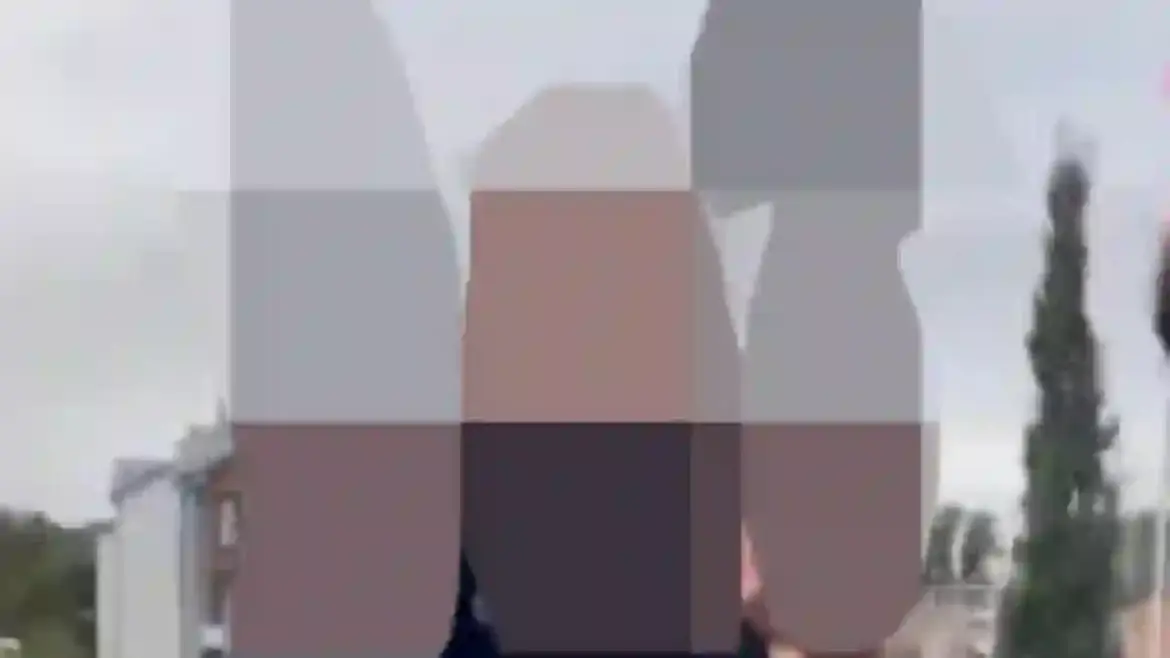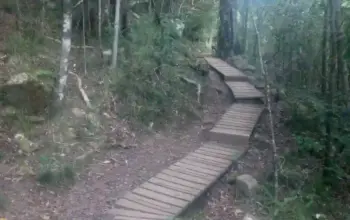A shocking video emerging from Dundee has put the spotlight on some of Britain’s most entrenched social problems.
Last Saturday, a teenage girl was filmed allegedly wielding a knife and an axe, with social media buzzing over unverified claims that she was confronting migrants.
The footage has raised alarm, not just for the immediate danger it depicts, but for what it reveals about the community behind the screen.
Lochee’s Struggles Under the Microscope
The video comes from Lochee, an area long defined by deprivation, within a city famed for jute, jam, and journalism.
Even by the standards of the Scottish Index of Multiple Deprivation—a measure of poverty, health, and crime—Lochee stands out for all the wrong reasons.
Six in ten of its children live in the top five per cent of the country’s most deprived neighborhoods, and health and education outcomes rank among the worst in Scotland.
This is a community that has been left behind, neglected for decades, and the incident is a stark reflection of that neglect.
Legal Steps and Broader Social Failures
Police confirm that a 14-year-old girl has been arrested, and the matter is now in the hands of the justice system.
Yet the arrest is only the tip of the iceberg. Lochee, like much of Dundee, is a place where social ills—family breakdown, worklessness, and crime—have been allowed to fester.
Generations of political leadership, both local and national, have failed the people here.
There is shame to go around, and accountability is long overdue.
The Dangers of Viral Social Media
Public concern for the girl’s safety is completely understandable.
Any video showing a child in apparent distress will provoke a strong reaction.
But the way this episode has exploded on social media raises troubling questions.
Smartphones make it easy to capture incidents that previously would have gone unnoticed. In some cases, recording can even offer a sense of safety.
But when footage circulates widely, the consequences can be devastating.
Amplifying the Problem
When figures like Elon Musk amplify these clips on platforms like X, the situation intensifies.
Millions of people can see the video, many of them strangers with no knowledge of the context.
Rather than helping, this exposure often turns personal trauma into a spectacle.
The teenager becomes an unwilling participant in online memes, political debates, and digital voyeurism, with her real needs sidelined.
Protecting Children Should Come First
The reality is simple: if this girl needs support, it will not come from strangers gawking at her on social media.
Her safety and wellbeing should be the priority, not turning her distress into entertainment or cultural ammunition.
When child suffering becomes viral content, it is a stark indicator that something has gone profoundly wrong in society.



